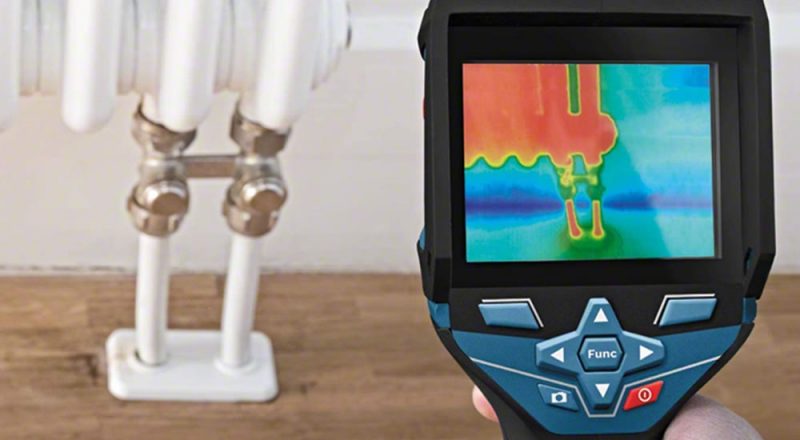The progressive opening of businesses is being done with caution and strict sanitary measures. Thermal imaging cameras have become an indispensable ally for many of them, but it must be borne in mind that they are not always effective.
Companies have implemented this type of camera to take the temperature of their customers and employees. The demand for these types of articles has increased in numbers, but we must be clear about which ones are really effective and can help us. For this, it is important to be clear about certain concepts about these devices.
What is thermography?
Thermography is the technique that makes it possible to measure the infrared radiation emitted by bodies based on their temperature. Through a sensor, thermal imaging cameras manage to capture that radiation. Once the image it returns has been captured, it must be interpreted to know if the temperature is adequate or not.
With thermography, can you tell if a person has a fever?
Definitely not. What it measures is the temperature of the “scanned” person, but it must be taken into account that what for some is fever, for others is their usual temperature. Much less will it be identifying that the person is infected with COVID-19?
The thermal camera will allow us to detect a body temperature that is higher than normal, but from this, it will be necessary to take into account other considerations. The type of camera it is (an industrial camera is not the same as a medical one), the distance at which the person has been examined, or the calibration of the machine. The latter, by the way, is recommended to be factory-made to avoid possible fraud.
What thermal imaging camera to buy?
Keep in mind that when buying a thermal camera you have to take into account various factors.
One of them is the flow of people who are going to go through the machine. For a business that receives a clientele of about 15 people during the morning, you may consider that it is not worth it to make this investment. In these cases, infrared thermometers will allow me to make this measurement at a much lower price.
It must be taken into account that the camera has all the certificates, thus ensuring that we are dealing with an approved product. The rights that we can exercise in the face of possible conflicts will depend to a large extent on the existence or not of these certifications.
We must not forget about all the legal aspects that this type of system entails. As for employees, their use is covered by the General Data Protection Regulation; if we talk about clients, their use is more conflictive. This is personal data that affect sensitive areas of the person, which must be provided with all rights and guarantees. In any case, it is foreseen that the use of this type of cameras will be subject to a legislative review so that although they can be used for the prevention of certain diseases and pandemics, as is currently the case, it is done with all the guarantees.
Businesses are facing a difficult time that they try to solve with all the means they have at their disposal. Bulbs, masks, disinfectants, and thermal imaging cameras are some of them.
Would you have or have a thermal camera in your business? Tell us about your experience.




